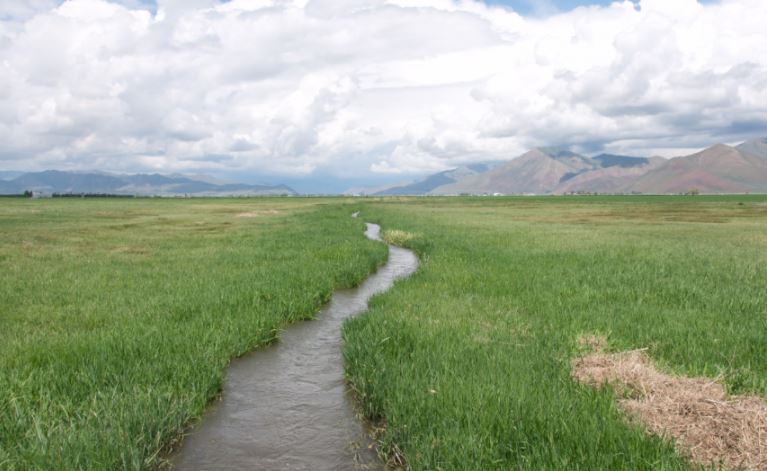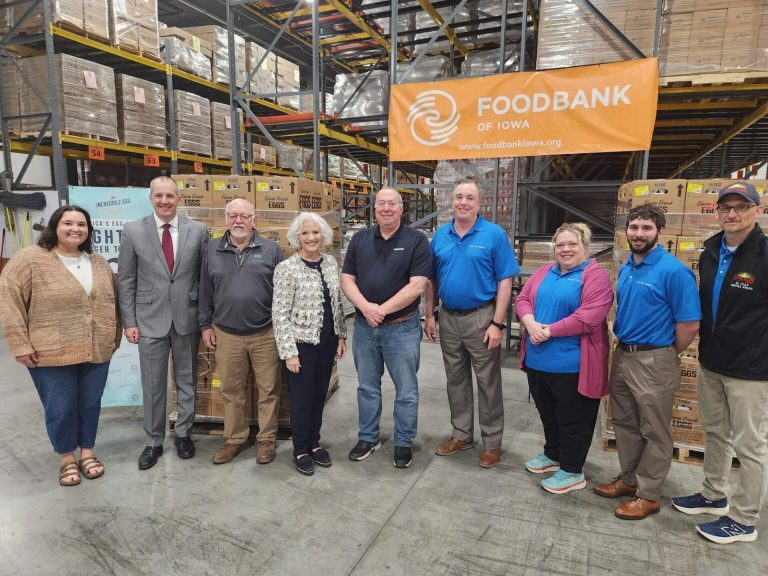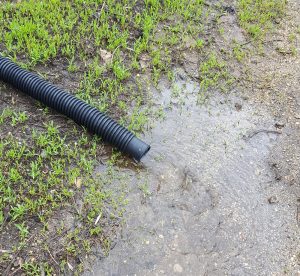Numerous factors are weighing on United States farmers and ranchers, including market volatility, trade talks and historic flooding. Uncertainty and volatility are contributing to the highest suicide rates in the nation.
Research from the U.S. Center for Disease Control and Prevention finds the suicide rate among farmers, ranchers and other agricultural workers, ages 16 to 64, jumped 34-percent from 2000 to 2006, leaving suicides among the working group one-point-five times higher than the national average.
Michael Rosmann, Iowa farmer and University of Iowa psychologist, says suicide among those in agriculture is concerning. However, he believes the average farmer’s awareness and perception of mental health is much different than that during the 1980’s Farm Crisis.
“Farm people have a better understanding of stress – what causes pressure on farmers, what the symptoms of stress are – and they are able to talk about these matters more openly than they did in the 1980’s,” Rosmann said.
Unfortunately, Rosmann sees these stressors plaguing rural America well into the future.
“The amount of stress is going to continue in agriculture,” Rosmann said. “As far as we know, both uncertainty and threats to losing land and other assets needed to farm will be major stressors into the future.”
A couple efforts, spearheaded by agribusinesses and government officials, look to offer assistance to agricultural workers battling anxiety, depression and other mental health challenges.
Bayer Crop Science recently established an initiative, Farm State of Mind, which offers farmers and ranchers resources for managing stress, anxiety and depression, as well as puts them in touch with mental health professionals. The 2018 Farm Bill also looks to address rural mental health challenges, in offering funding for the establishment of regional farm stress centers. These support centers will assist local communities in developing programs for producers.
Rosmann encourages producers to utilize these resources, reach out and open up to others.
“I do see more openness among farmers, sharing their personal dilemmas with people they can trust. I believe that is a strength of farmers, to say, ‘I need some health,’ and admit that. To me, that is a sign of strength, not weakness,” Rosmann said.
This article originally appeared on the Iowa Agribusiness Radio Network












